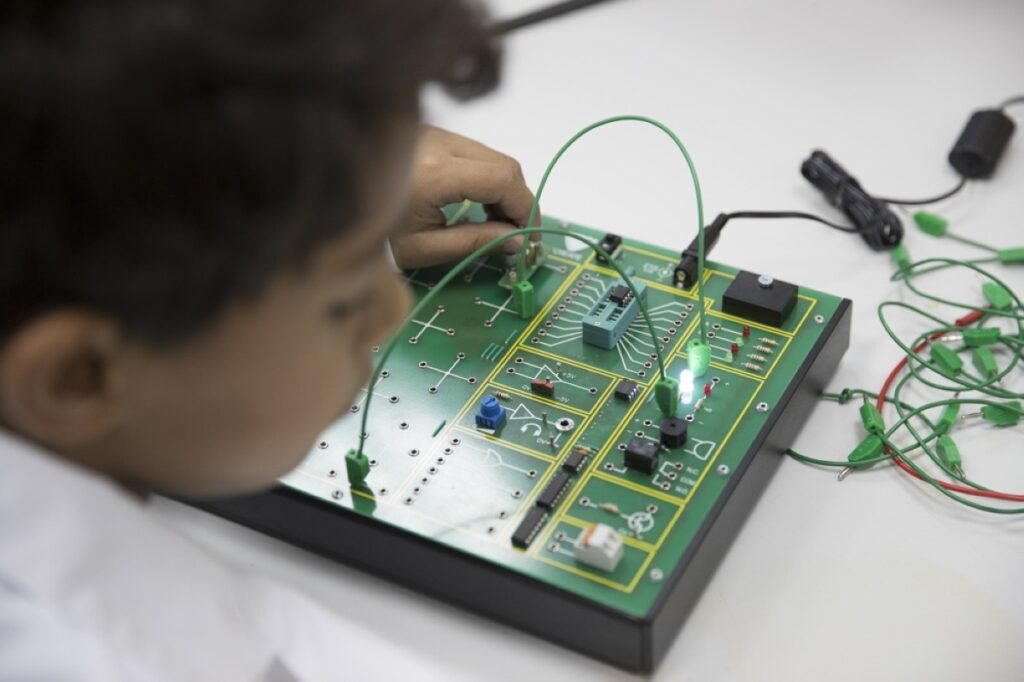Program offered free of charge • Only public school students eligible for enrollment
KUWAIT: The Ministry of Education, through its Department of Educational Development and Activities, announced on Monday the relaunch of summer school clubs, set to run from July 1 to August 31. The program, which has been on hold since 2020 due to the COVID-19 pandemic, is restarting for the first time in five years.
In a press statement, the ministry said the move comes “in line with directives from Minister of Education Jalal Al-Tabtabaei, who is keen to provide educational, recreational, and enrichment opportunities that allow students to make the most of their summer break.” The initiative also aims to “foster community participation, enhance students’ skills, and support their development in a safe and stimulating environment.”
The program is part of what the ministry described as a “broader strategic vision” to make meaningful use of students’ free time. The goal is to “help refine their talents and develop their abilities within a supportive educational setting that promotes positive values and the concept of time well spent.”
A total of 25 free summer clubs will operate across Kuwait’s educational districts. The clubs will offer a wide range of activities, including sports such as football, handball, basketball, swimming, and bowling; cultural activities like debate clubs; and scientific and technical programs, including robotics. The program will also feature “purposeful recreational activities that strike a balance between learning and fun.”
Registration opens Monday and will be available electronically via the student’s account on the Microsoft Teams platform through the ministry’s website. Activities are scheduled for the evening hours, from 4 pm to 8 pm, allowing “flexibility and accommodating diverse family schedules.”
The ministry also announced the allocation of two specialized clubs for students with disabilities, saying the decision ensures “an inclusive educational environment that caters to their needs and supports their development in an atmosphere of respect and empowerment.”
The program targets male and female students in general education across elementary, intermediate, and secondary levels who are enrolled in Ministry of Education schools. According to the ministry, all activities “will be supervised by specialized trainers across various fields,” with content “tailored to meet a wide range of interests and needs.” It stressed that “all activities are offered free of charge, reflecting the ministry’s commitment to providing fair and equal educational opportunities for all.” The ministry concluded by saying that the summer clubs are “an extension of the ministry’s year-round educational role,” and that they aim to “reinforce a culture of continuous learning and national belonging through activities that connect students with community values and institutions in a flexible educational environment that inspires creativity and unlocks their potential.” — KUNA

